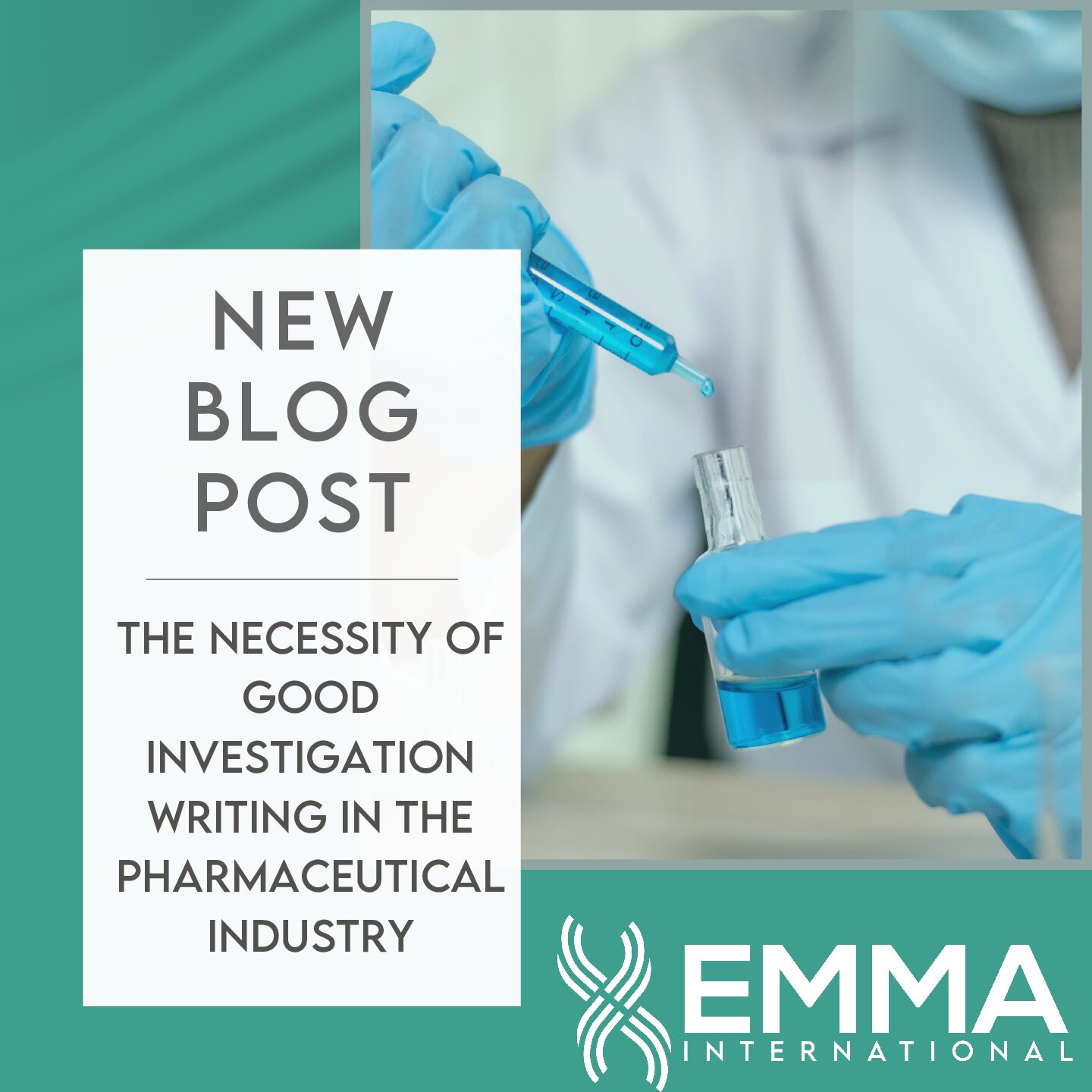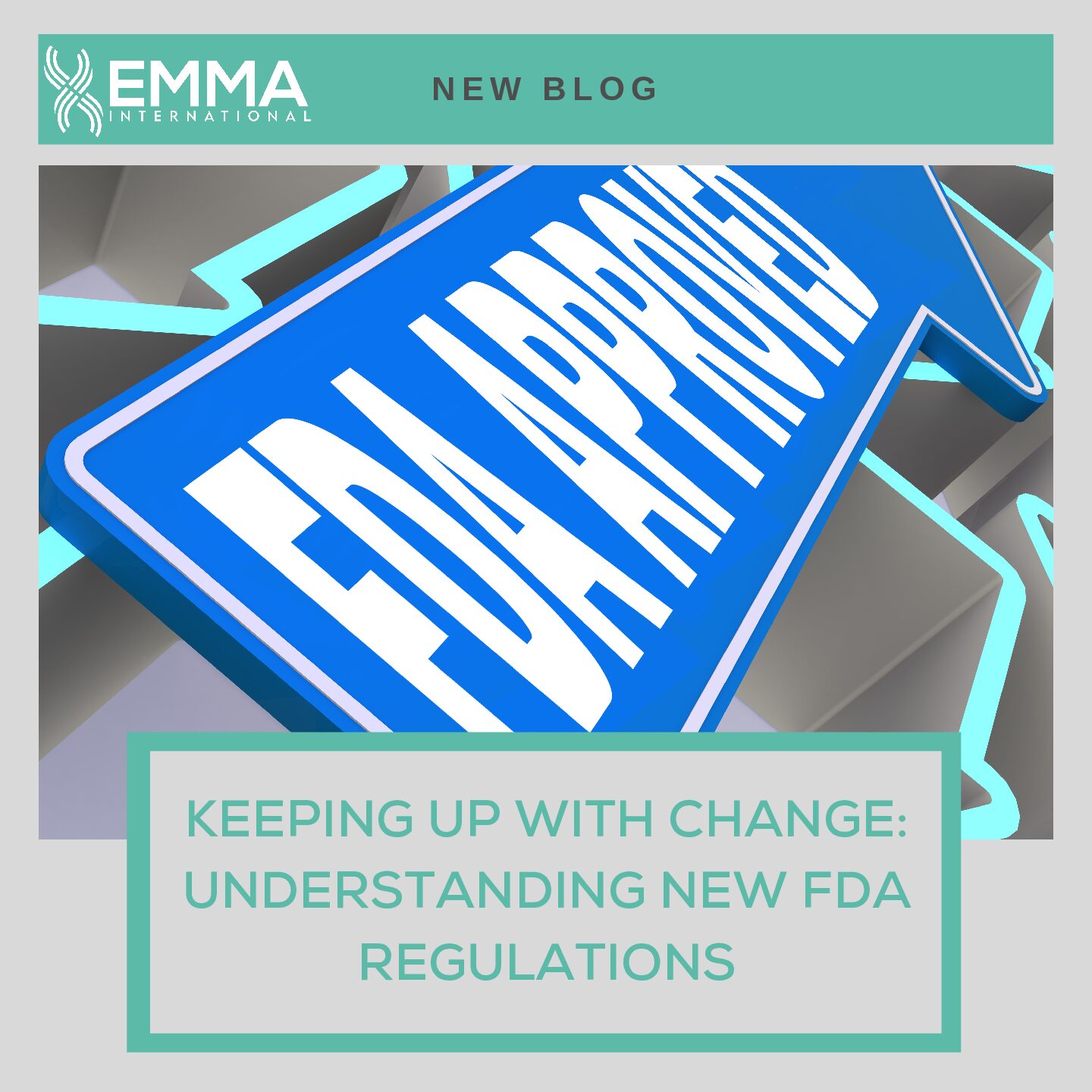In the pharmaceutical industry, effective investigation writing is not merely a regulatory obligation but a cornerstone of quality assurance and continuous improvement. Well-documented investigations are pivotal in identifying root causes, implementing corrective actions, and preventing recurrence of issues. Conversely, poorly executed investigations can lead to regulatory penalties, operational inefficiencies, and compromised product quality.
Regulatory bodies such as the FDA emphasize the importance of thorough investigations. Inadequate investigations have been among the top reasons for FDA observations, including Form 483 citations. Common pitfalls include close-minded investigations, failure to identify appropriate corrective and preventive actions (CAPAs), incomplete investigations, and inadequate quality impact assessments. Addressing these areas is crucial to maintain compliance and uphold product integrity.
To enhance investigation writing, it is essential to promptly and meticulously document all relevant details of deviations, including dates, times, personnel involved, and clear descriptions of events. This practice ensures accuracy and aids in identifying root causes. Employing systematic approaches such as the “5 Whys” or Fishbone Diagram facilitates comprehensive root cause analysis, preventing superficial fixes and addressing core issues. Ensuring that CAPAs are directly aligned with identified root causes is vital; misaligned actions can lead to recurring problems and demonstrate a lack of understanding. Additionally, clear and concise reporting, free from ambiguity, is essential to prevent misunderstandings and support effective decision-making.
Effective investigation writing is fundamental to the pharmaceutical industry’s commitment to quality and safety. By adhering to best practices, organizations can enhance compliance, improve operational efficiency, and ensure the delivery of safe and effective products to patients. As professionals in this field, we must prioritize meticulous and objective investigation processes to uphold the industry’s standards and public trust.
If your organization seeks to improve its investigation writing practices and ensure compliance with regulatory standards, EMMA International can provide expert guidance tailored to your needs. Contact us at 248-987-4497 or email info@emmainternational.com to learn more.
References:
[1] ProPharma Group (2016) ‘The Investigation Best Practices to Avoid FDA 483 Observations’. Available at: https://www.propharmagroup.com/thought-leadership/investigation-best-practices (Accessed: 28 March 2025).
[2] ProPharma Group (2017) ‘How to Write an Effective Quality Investigation Report’. Available at: https://www.propharmagroup.com/thought-leadership/secret-writing-effective-quality-investigation (Accessed: 28 March 2025).
[3] ProPharma Group (2012) ‘Five Most Common Mistakes When Writing an Investigation’. Available at: https://www.propharmagroup.com/thought-leadership/five-most-common-mistakes-when-writing-investigation (Accessed: 28 March 2025).





